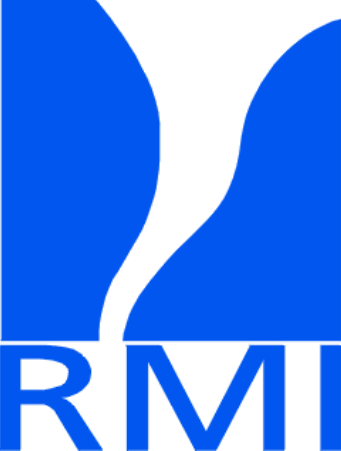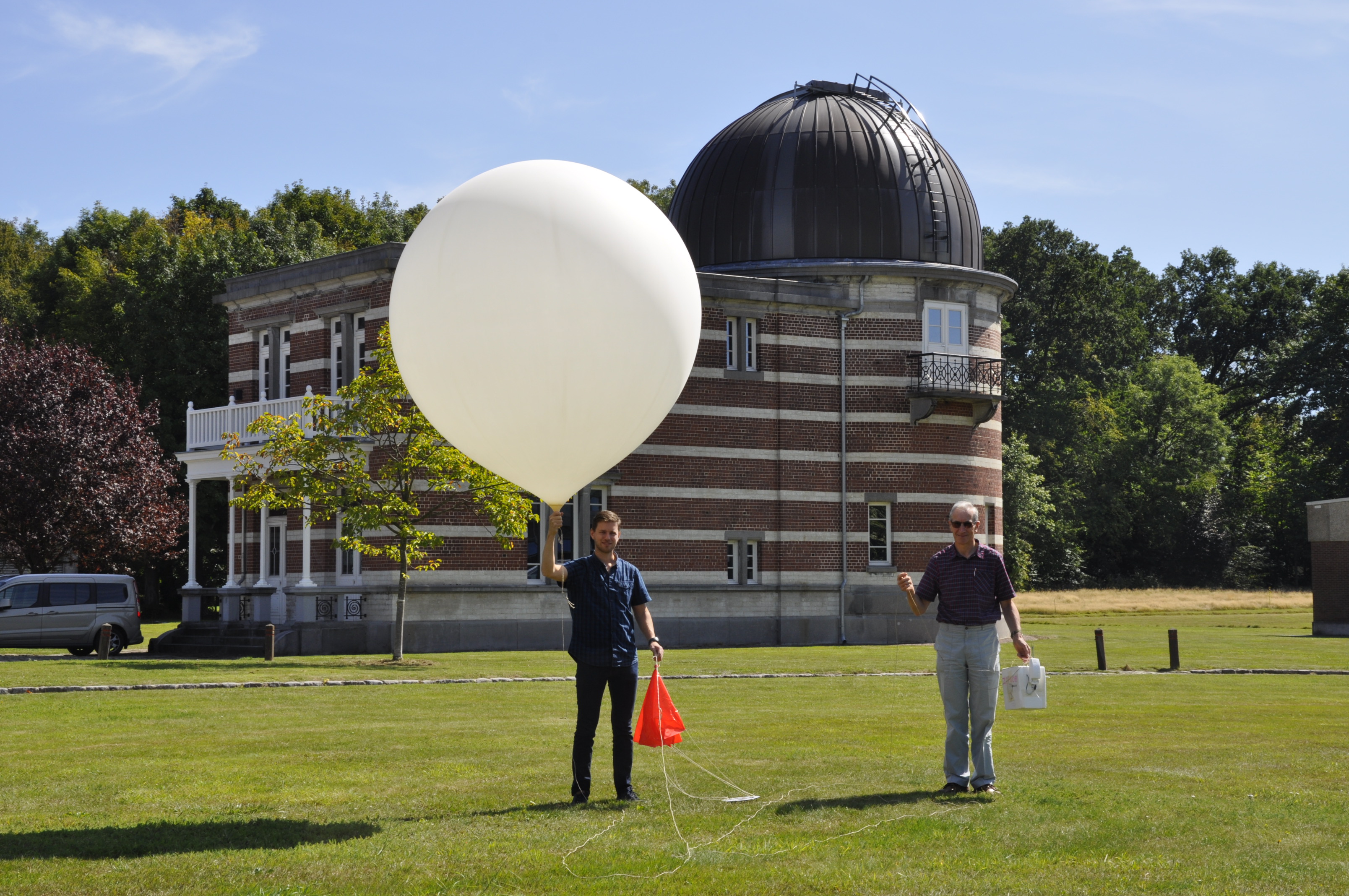In 2018 under the auspices of WMO/GAW together with NDACC, SHADOZ and GRUAN the ASOPOS (Assessment of Standard Operating Procedures for Ozone Sondes) was started with the intent of a critical review of the existing standard operating procedures (SOP’s) that are applied at the stations of the global ozonsonde network. Major aim of the assessment is to provide even more consistent SOP’s in the global ozonsonde network to obtain data of high quality that are comparable between ozone sounding stations at the uncertainty level of 5% (Z=0-30 km) and traceable to a common reference instrument
The first ASOPOS 2.0 Reload meeting was held at WMO in Geneva (Switzerland) at 19 September 2018 with a critical examination of the state of the art of the existing SOP’s and the outstanding, partly unsolved, instrumental and procedural issues on ozone soundings. At this meeting a roadmap on decisions and actions was outlined for the next two years of the duration of the assessment.
In a next step, this second ASOPOS 20.0 Road meeting will be held at Brussels, Belgium (hosted by RMI and STCE) to evaluate the new in-sights obtained since the first meeting and to formulate the new, preliminary SOP’s which has to be evaluated and completed by the end of 2020 in order finally to establish as revised WMO-recommended SOP’s for ozonesondes.
Background
The global ozonesonde network, under GAW, NDACC, SHADOZ and other sponsorships, provides the longest time series of the vertical ozone distribution between the surface and 30-35 km altitude. Ozonesonde profiles provide the only global data source with sufficient resolution to resolve atmospheric vertical structure, particularly the steep gradient near the tropopause. Ozonesondes also constitute a stable reference for cross-calibrating ozone measuring satellites over decades. In order to assess the performance of various electrochemical ozonesondes and guarantee consistency in ozonesonde data an environmental simulation facility at the Forschungszentrum Juelich has been established as the World Calibration Centre for Ozone Sondes (WCCOS) of WMO-GAW as part of their QA plan. Since 1996 a number of JOSIE (Juelich Ozone Sonde Intercomparison Experiment) campaigns have been conducted at WCCOS to evaluate different ozonesonde types.
JOSIE has clearly demonstrated that even small differences in sensing technique, instrument type or operating procedures can introduce significant inhomogeneities in longterm sounding records among different stations or within individual stations. JOSIE results, along with a community consensus ASOPOS (Assessment of Standard Operating Procedures for Ozone-Sondes) has provided SOPs, that have improved the quality of the global network and reduced overall uncertainty to ~10%. With an Ozone Sonde Data Quality Assessment process, known inhomogeneities in ozone time-series have further been reduced through the use of generic transfer functions, yielding uncertainties of 5-10%. However, evaluation of homogenized results has shown that to achieve an uncertainty better than 5%, further standardization of ground equipment and sonde operating procedures may be necessary. A recent JOSIE 2017-SHADOZ campaign at WCCOS provided more tests results aimed of a new ASOPOS 2.0 Reload initiative to provide ozonesonde data with uncertainties better than 5%.
The workshop is organised by the Royal Meteorological Institute of Belgium and the Solar-Terrestrial Centre of Excellence.
 |
 |


